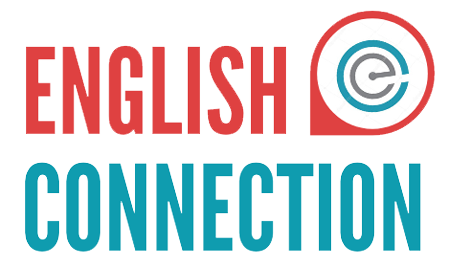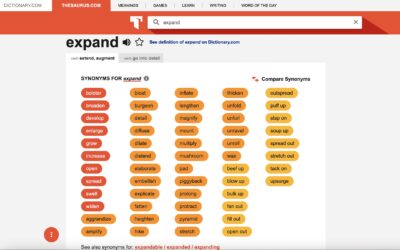
People often confuse presentation with public speaking. After all, both require you to speak in front of an audience. But, there are subtle and important differences between a presentation and public speaking. It is better to understand this difference so that you can prepare accordingly and get the best results!
Size of the Audience
We start from the audience because when it comes to addressing a group of people, however large or small, in speaking or in writing, the first step involves knowing who your target audience is, before you even start planning your speech.
In public speaking, a speaker can address an audience ranging from a group of few people to a large gathering with thousands or millions of people. A motivational speaker addressing a huge crowd may both be considered an example of public speaking.
Type of Audience
Generally speaking, the type of audience present during a public speaking event is usually a mass of unknown people. The speaker is neither acquainted with the audience nor related to it in any way. For instance, when a spiritual speaker may not be familiar with all the member of the audience.
Motive of the Audience
In public speaking, the people listening to the speaker do not have a common vested interest and every individual in the audience has their own personal motive to fulfil. In the case of the of a spiritual speaker, it is possible that one individual may have resorted to spirituality to overcome one type of condition and another individual may be listening to the speaker to learn how to advance their practice.
The Purpose of the Speaker
Debate is a form of public speaking, in which every participant speaks either in favour or against the topic. Participants have to convince the audience to agree with their stance.
Most forms of public speaking work in a similar fashion. The purpose of the speaker is to convince the audience to agree with the stance of the speaker.
Communication Format
Traditionally, Public Speaking is giving a speech face to face to a live audience. It comprises various forms of spoken communication skills ranging from imparting a speech or debate to motivational speaking to storytelling to Ted Talks to entertaining, such as a standup comedian.
However, in modern times, public speaking can be defined as any form of speaking between the speaker and the audience.
Skills Required
Public speaking is the act of presenting a topic verbally. It is often used as a medium to transfer information, but most importantly, to motivate and encourage the audience.
That said, the speaker’s verbal talent and style of communication are all elements displayed collectively as a package.
Time for Preparation
Public speaking is more of an art than just a skill. While you are expected to do a good job when you have time at hand, but a good orator is the one who has the skills to resonate with the audience even when he or she is put on the spot!
At times public, speaking may be spontaneous such as extempore. Impromptu (or extempore) is a speech that is delivered without preparation. The speaker is given a topic on the spot and is given a minute or two to prepare on the same.
Creativity Index
Public speaking is a creative art. It may be formal or informal in nature. The style of delivery of every individual is different from others. Every speaker possesses few unique qualities and has complete freedom to design their own communication style.
Elements for Effectiveness
Effective public speaking requires the speaker to deliver so efficiently that at the end the audience stands out thrilled, amazed, and persuaded.
An impressive delivery secures more marks than intelligent content. A number of elements such as spontaneity, presence of mind, voice modulations, facial expressions, eye contact, or body language go into the making of an effective speaker. For example, in a singing reality show a participant is judged not only on the basis of their voice quality but also on the way they presents themselves while singing.
Sign up for free English BiteSize and join the English Connection community. Share this post with a friend or a colleague.






0 Comments